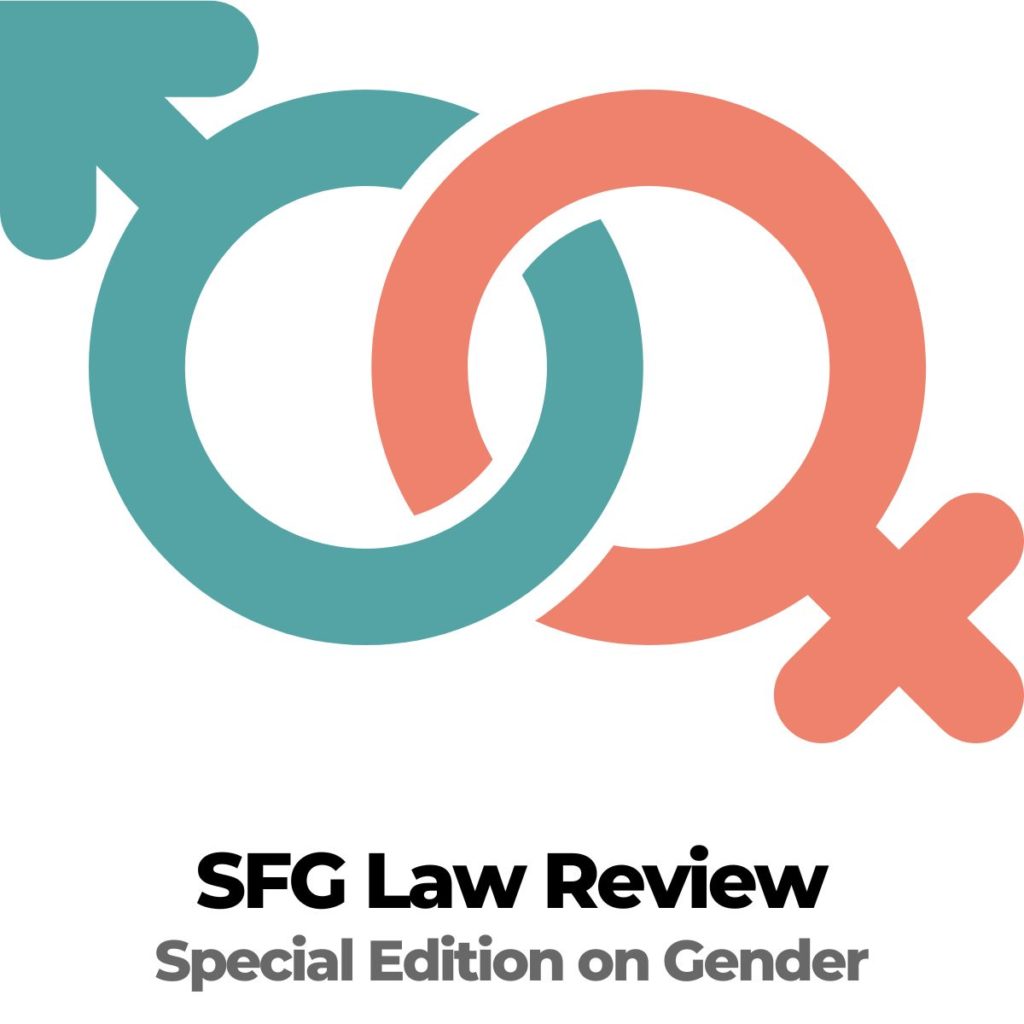
How Regulatory Developments Contribute to SDG 5 & 10?
Did you know that March 7 is Equal Pay Day? Given that the pay gap between men and women remains an issue worldwide and March 8 is International Women’s Day, Equal Pay Day is indeed timely. On the Swiss market, women are paid on average 1,500 CHF less than their male counterparts every month, equating to an 18% disparity in women’s pay stubs.
Regulation is one means of effectively addressing and bolstering diversity, equity and inclusion (DEI) issues. Today, we’ll dive deep into the recent developments in this area to understand how they contribute to enhancing gender equality.
What’s in it for the financial industry?
The “S” in ESG is becoming increasingly important for both regulators and investors. In fact, racial equity and civil rights audits were the second-most frequently filed resolution category at Annual General Meetings by shareholders of listed companies in 2022, and many shareholders’ resolutions were put forward in the U.S. on concerns over legislation that restricts access to reproductive healthcare. Outside of AGMs, investors are also engaging directly with corporate management on equitable and fair pay, on the recognition that beyond employee satisfaction, it fosters innovation.
Addressing these issues is not only crucial for keeping shareholders happy but also employees. By improving staff wellbeing and building employee engagement, strong DEI strategies in the finance sector are a key factor in talent attraction and retention. They are also key in improving business performance and avoiding reputational damage from “social washing.”
DEI Regulatory Developments
There have been a number of developments in DEI regulatory mechanisms over the past few years.
The gender pay gap is receiving heightened attention from legislators: several countries around the world are introducing pay transparency laws, giving job seekers or employees the right to request pay information, providing better access to justice for victims of pay discrimination and/or obliging companies to report on gender pay gaps or to conduct pay assessments in certain situations.
As an extension, ethnicity pay gap reporting is now being looked at in a few jurisdictions, including the United Kingdom, Australia, and New Zealand. While this practice has not been made mandatory in these jurisdictions so far, it is an area to keep a close eye on.
In the E.U., plans to increase female representation on boards are gaining traction. Indeed, Europe has been at the forefront of this movement and is now obliging EU-listed companies to have at least 40% of non-executive director positions (or 33% of both executive and non-executive positions) held by members of the underrepresented sex by 2026. Diversity disclosure obligations on company boards will also be imposed by the E.U. Corporate Sustainability Reporting Directive.
In other jurisdictions, exchange listing rules have integrated reporting or “comply-or-explain” policies with respect to board diversity. Companies can also be required to report on reasons for underrepresentation of women.
Remaining Challenges
Other issues impacting gender equality have not yet received their due attention. Unpaid care work continues to be disproportionately performed by women, exacerbating the gender pay gap, for example. This was abundantly evidenced during the COVID-19 global pandemic. It should be noted however, that international commitments are increasingly calling for a recognition of the economic value of care work.
Some progress has already been made. In its 2019 Work-Life Balance Directive, the E.U. introduced employees’ right to flexible working arrangements and a minimum of 5 days of leave per year for care purposes of close relatives. However, this alone will not help to address the structurally unequal distribution of care work in families and in many ways, national legal frameworks still fall woefully short in seriously addressing this issue.
Like with most environmental and social issues, regulation and policy provide a critical tool to effecting change, but not a silver bullet. For true systemic change to take root at the speed required, every part of the economy and society must act within its sphere of influence. According to the World Economic Forum’s 2022 Global Gender Gap Report, it will take another 132 years to close the global gender gap. To improve the wellbeing of all humanity, it’s about time we embrace equity for 50% of it.



